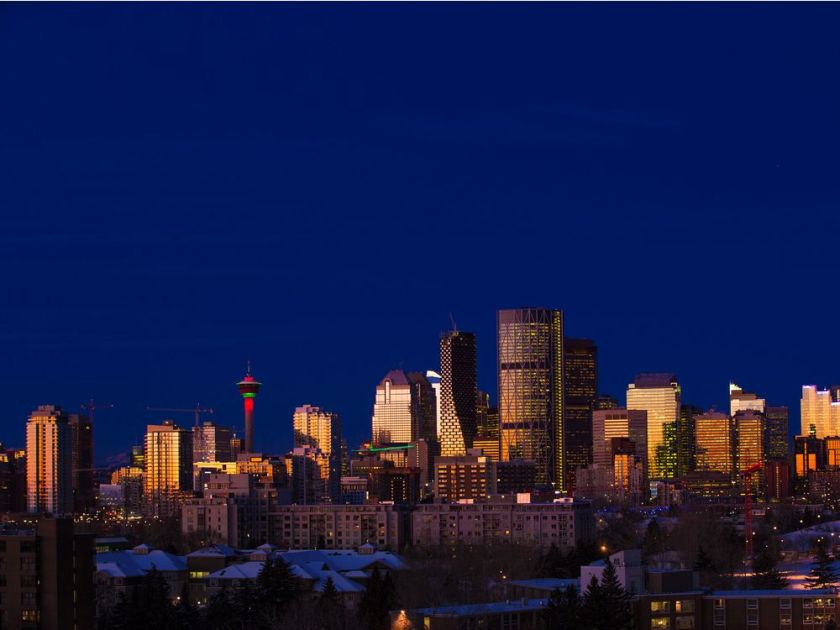Calgary boomers are mostly interested in aging in place in their homes, says a study by Sotheby’s International Realty Canada.
The big bulge in the demographic snake — baby boomers — will continue to shape the city’s real estate market for the foreseeable future, according to a recently released survey.
“By 2024, one in five Canadians will be over the age of 65, and we figured there will be some major challenges related to what we call urban aging,” says Don Kottick, CEO of Sotheby’s International Realty Canada.
“We have long suspected there will be a lot more influence on the real estate market not only now, but in the future, from this significant group.”
As such, Sotheby’s published its 2020 Generational Real Estate Trends: Aging in Place earlier this month, finding that 49 per cent of Calgarians 54 and older have considered their aging needs when purchasing their current home.
That’s above the national average — a polling of Calgary, Toronto, Montreal and Vancouver markets — of 46 per cent.
The study also found 86 per cent of boomers in major metropolitan areas plan on living in their current homes as long as possible, and 88 per cent want to stay in their current neighbourhood as long as possible.
Kottick says the numbers in Calgary were slightly different with 83 per cent wanting to age in their homes, and 86 per cent seeking to stay in the same neighbourhood if they do move.
“I think the difference boils down to the size of the homes in Calgary,” he adds.
He points to the fact more older Calgarians still live in a single-family detached home than elsewhere: 73 per cent in the city versus 55 per cent in Montreal, 59 per cent in Toronto, and 45 per cent in Vancouver.
Additionally, 63 per cent noted their current Calgary home would be too big as they age versus 54 per cent nationally.
As well, 45 per cent of Calgarians surveyed noted reducing home maintenance duties would be another reason to move. That’s compared with 47 per cent on average for all cities polled.
“The interesting thing is the number that expect to move to a condo … 45 per cent in Calgary compared with 54 per cent nationally,” Kottick says. Another one third answered they would move to a single-family detached home and the remainder (23 per cent) indicated moving to an attached home.
“It’s a little bit lower and that’s probably because condo living isn’t as prevalent in Calgary as it is the three other major centres.”
When it came to desirable features that would allow them to age well, six in 10 Calgary homeowners indicated living in a single-level residence was important in a future home. As well, 68 per cent those expecting to move to a condominium noted an elevator was a priority.
Kottick adds all these factors will shape the market going forward.
“Even the fact that boomers are into fitness and wellness speaks to how we may see more indoor fitness centres in condominiums,” he says, noting 59 per cent of respondent stated that was a key amenity.
Kottick says the survey shows, as Canadian homeowners age, they are not necessarily going to sell and rent.
“The overarching story here is that (boomers) are still going to be a force to reckon with for the foreseeable future, and they will impact the supply side of the equation,” he says.
“They are still going to buy homes, and government and developers need to address this.”


























